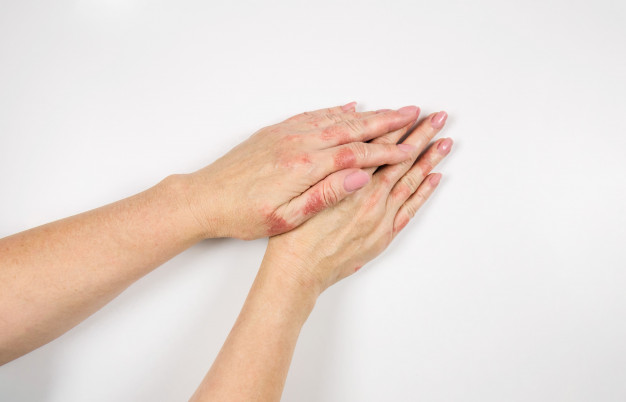
There are several myths about skin conditions, including eczema. According to the National Institute of Allergy and Infectious Diseases, eczema is an inflammatory skin condition that makes the skin dry and itchy. More than 31 million Americans suffer from eczema in one way or another.
There are plenty of unknown things about eczema, such as its exact cause and cure. However, there are eczema treatments to help manage its symptoms.
In this article, we look into some of the most common myths about eczema. These myths include:
- Eczema is contagious
This is one of the most common myths about eczema. Even though the exact cause of eczema is still unknown, doctors believe that it has something to do with genes, allergens, and environmental factors. Eczema is a genetic condition and not contagious, so you cannot contract it from someone else. But if you have open sores or blisters that get infected, you may spread that infection to someone else.
- There is only one type of eczema
Actually, there are different types of eczema. The term ‘eczema’ is a general term used to describe different types of itchy skin conditions. When people talk about eczema, they usually refer to atopic dermatitis, which is the most common type of eczema. It causes dry, scaly rashes. But other than that, there are many different types of eczema, including contact dermatitis, discoid dermatitis, stasis dermatitis, etc.
- Family history of eczema means that your child will get it as well
This is not true. A family history of eczema actually increases the possibility of a child developing eczema. If both the parents have eczema or had eczema in the past, there is an 80% chance their children will experience it. However, family history does not automatically mean that the children will develop eczema too. Again, there are types of eczema, such as contact dermatitis, which is related to the environment and not genes.
- Eczema can be cured
Unfortunately, there is no cure for eczema, but it can be managed. Some babies can grow out of atopic dermatitis, while other people may have it on and off throughout their lifetime. One of the best ways to manage eczema is by moisturizing the skin as often as possible, applying cream or ointments, and getting rid of the irritants.
- Eczema will disappear on its own
Treating eczema is an effective way to keep them from becoming more severe. If eczema gets more inflamed, it may lead to scratching, leading to a bacterial infection. There are plenty of treatment options available to help manage eczema symptoms. But it’s worth noting that eczema can never clear up on its own unless you find ways to treat it such as using dry skin oil, applying cream or ointment or taking oral medications.
- Eczema is not a big deal
Many people believe that eczema is not a big deal but just dry skin. But eczema is more than dry skin. Eczema can affect an individual’s mental health and well-being. This skin condition can damage the skin and make it lose its moisture, leaving it dry. Although one of the most common symptoms of eczema is dry skin, the major symptom of eczema is an intense itch. For some people, prolonged scratching can cause bleeding, leading to an infection.
- Eczema is children’s disease
There is also a misconception that eczema is only a condition for children, this is not true. The only type of eczema that’s linked to babies is atopic dermatitis. Otherwise, even older people are susceptible to other types of eczema. But it’s worth mentioning that eczema affects people of all ages.












